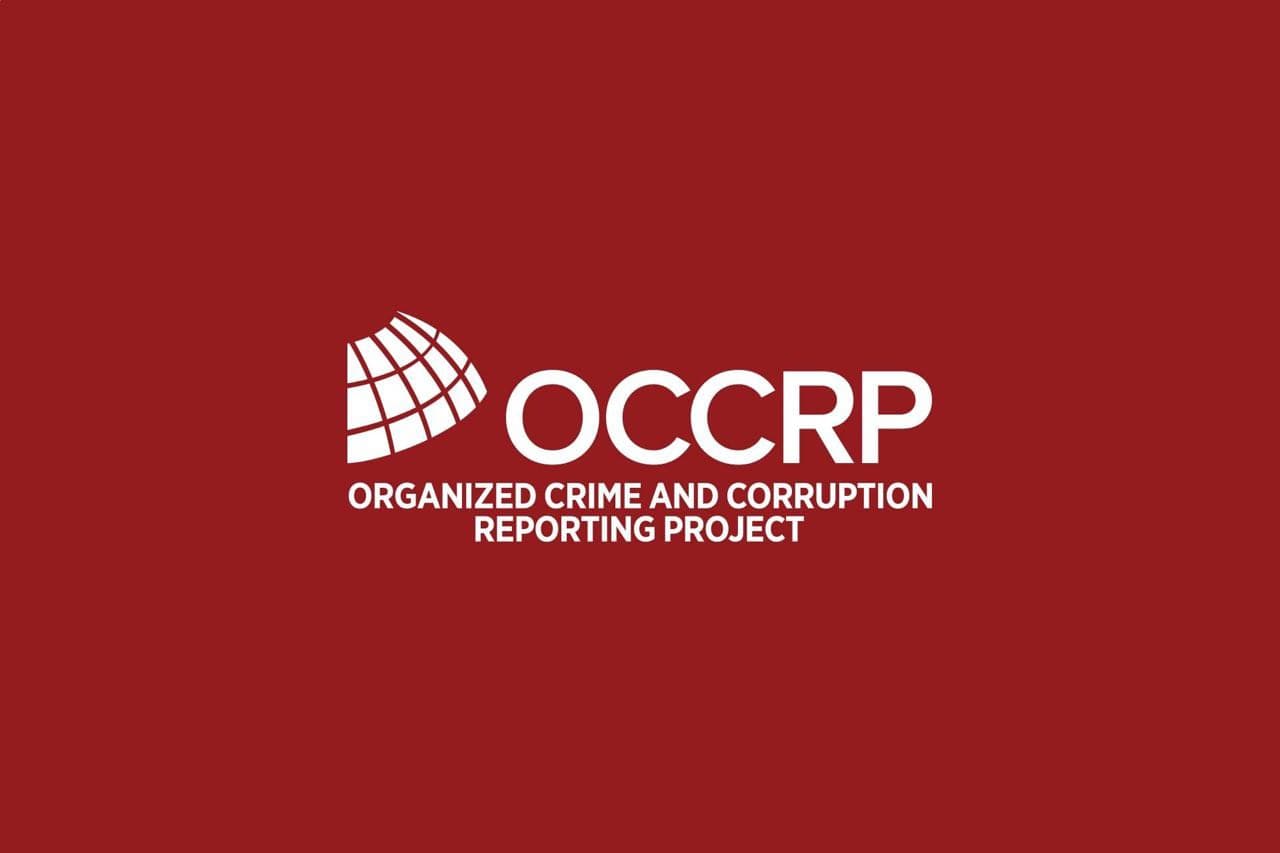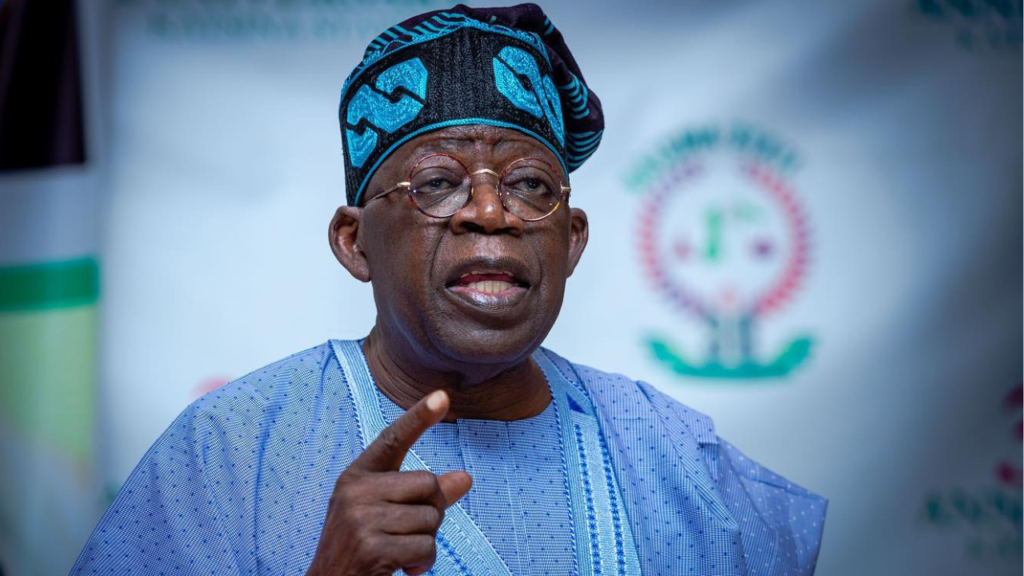President Bola Ahmed Tinubu of Nigeria has been named among the world’s most corrupt and criminally influential leaders in the 2024 edition of the Organised Crime and Corruption Reporting Project (OCCRP) “Persons of the Year” list. The annual ranking, curated by an international network of investigative journalists and anti-corruption advocates, aims to spotlight public officials whose actions have allegedly furthered corruption, impunity, and organized crime globally.
This year’s process drew nominations and votes from citizens worldwide, with the OCCRP stating that the selection reflects “public interest and outrage at corruption.” Though Syrian dictator Bashar al-Assad was ultimately declared the OCCRP “Person of the Year” following his recent ouster and exile to Russia, President Tinubu placed third on the list, trailing only former Indonesian President Joko Widodo and Kenyan President William Ruto, who topped the public voting phase.
Why Tinubu Made the List
The OCCRP noted several allegations and public controversies that contributed to Tinubu’s inclusion, many of which have long shadowed his political career. These include:
- Historical Allegations of Drug Trafficking: Tinubu’s documented entanglement in a 1990s U.S. investigation involving narcotics and money laundering in Chicago resurfaced as part of the dossier compiled against him. Though he forfeited $460,000 to the U.S. government in a civil forfeiture case, he has continually denied involvement in any criminal activity.
- Lagos-Calabar Highway Scandal: Shortly after taking office in May 2023, Tinubu’s administration awarded a controversial multitrillion-naira contract for the construction of the Lagos-Calabar coastal highway to Hitech Construction Company, a firm tied to his son, Seyi Tinubu. Critics argued the move signaled a troubling pattern of nepotism and conflict of interest, echoing concerns about crony capitalism during his tenure as Lagos State governor from 1999 to 2007.
- Allegations of Certificate Forgery: Tinubu was also engulfed in a storm of scrutiny over academic records after a Chicago State University transcript released in late 2023 allegedly showed inconsistencies in his claimed qualifications. While he maintained that his credentials were authentic, the matter raised further doubts about transparency and integrity in his leadership.
- Legacy of Political Patronage and Wealth Accumulation: The OCCRP report referenced Tinubu’s perceived consolidation of power through political patronage, especially during his time as Lagos governor and kingmaker in Nigeria’s ruling All Progressives Congress (APC). Critics argue he used public office to build a vast network of personal wealth and influence, though his supporters insist he merely exercised political acumen.
OCCRP’s Global Watchdog Role

The OCCRP, renowned for its investigative work exposing corruption across continents, said the 2024 list aims to amplify the voices of citizens disillusioned by the impunity enjoyed by public figures. “Our goal is to call attention to leaders who have profited while their people suffer. This year’s nominations reflected a growing global concern about corruption’s role in sustaining poverty, stifling democracy, and fueling organized crime,” the group stated.
The watchdog emphasized that inclusion on the list is not necessarily a legal indictment but rather a reflection of public outrage backed by documented controversies and credible allegations.
Tinubu’s Response
President Tinubu has not formally responded to the OCCRP report as of press time. However, his administration has repeatedly dismissed such allegations as politically motivated attacks aimed at undermining his reforms, particularly amid the economic hardships following the removal of fuel subsidies and currency floatation policies.
Tinubu’s supporters argue that his inclusion in the OCCRP list is a distraction from his administration’s efforts to stabilize Nigeria’s economy and restore investor confidence. Nevertheless, critics contend that such international scrutiny highlights a deepening accountability crisis in the country’s leadership.
A Global Problem
The OCCRP’s 2024 ranking also included other controversial leaders, such as Belarus’ Alexander Lukashenko and Venezuela’s Nicolás Maduro. By placing Tinubu alongside such figures, the report reinforces concerns about Nigeria’s standing in the global fight against corruption, and raises serious questions about the path forward under his presidency.

